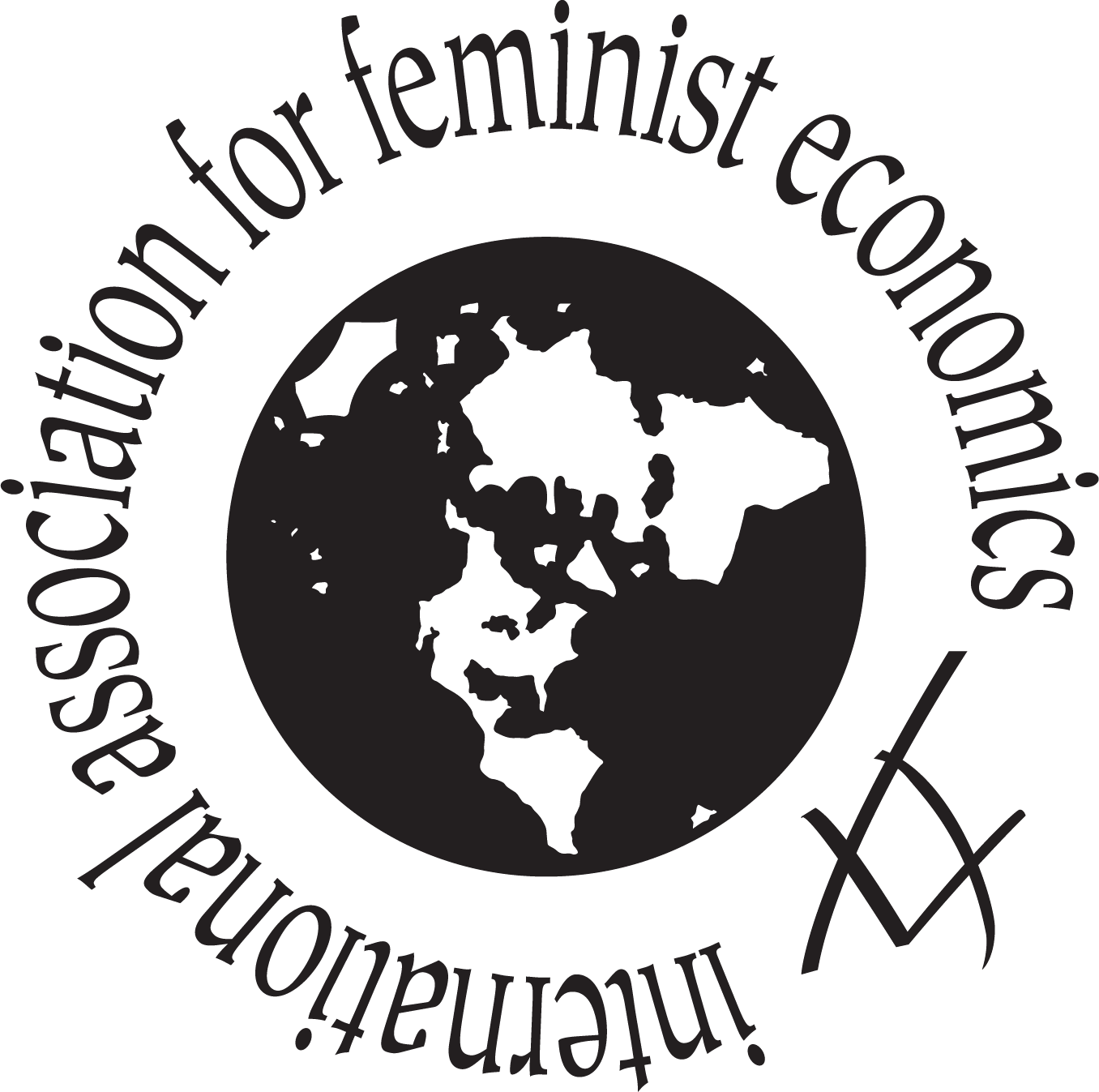|
Letter to President Cohen & the Hebrew University of Jerusalem March 31, 2024 Dear President Cohen, The International Association for Feminist Economics (IAFFE) is deeply concerned that the Hebrew University of Jerusalem has suspended Professor Nadera Shalhoub-Kevorkian from teaching and has demanded her resignation. These actions, by a world renowned and highly respected university, are a violation of the principles of academic freedom and integrity that form the basic foundations of higher education in the democratic world. Professor Shalhoub-Kevorkian is an eminent scholar who has contributed to IAFFE’s journal Feminist Economics among many other accomplishments. Her work on the impact of militarization on women in war zones, on security and the politics of fear, and on the trauma of children living in regions in conflict is crucial to creating a more just and peaceful future. Your decision not only affects the career that she has built through her scholarship and hard work, but also the Hebrew University students who are studying under her. More generally, it signals a very troubling stance on scholarly debate and inquiry by Hebrew University. We urge you to reinstate Professor Shalhoub-Kevorkian to her position and reaffirm your commitment to academic freedom and the vital role of scholars in society, especially as it goes through crises. This action would demonstrate Hebrew University’s support for critical thinking and scholarly integrity, reinforcing its position as a leader in academic excellence and human rights advocacy.
IAFFE Calls for a Ceasefire Now Nov. 13, 2023 The International Association for Feminist Economics calls for the immediate ceasefire and lifting of the blockade by the State of Israel in the current Israeli-Hamas conflict. We condemn the inhumane and indiscriminate attacks on Palestinian and Israeli civilian populations. The targeting of civilians by either side is unacceptable and a violation of international human rights and humanitarian law. We are outraged by the mounting and disproportionate horrors of human and material destruction. As feminist economists we are acutely aware of the intersectional ways that armed conflict and economic isolation have gendered impacts, and that economic exclusion and discrimination can drive conflict. We recognize that beyond the immediate horror of the violence and withholding of food, water, medicines and other essential means for human survival, the longer term economic impacts of the war, including the destruction of infrastructure, are considerable and are exacerbated by ethnicity, gender, age, class and other factors. Endemic violence negatively impacts life expectancy, maternal mortality, poverty, health outcomes, education and care labor burdens in both the short and long term. We also understand the devastating economic and ecological effects of the military-industrial complex, in shaping global budgetary and resource control issues. As feminist economists we argue for the importance of historically situating the current conflict within the context of patriarchal power structures in general, and the legacies of, and ongoing, settler-colonial oppression in particular. The most recent military confrontation started with the Hamas attack on October 7, 2023, killing more than 1,400 Israelis, injuring 4,500, with a further estimated 240 individuals taken hostage by Hamas. In response Israel tightened the blockade imposed on Gaza since 2007, as well as commencing military operations that have to date not ended. According to the UN, (Nov 3, 2023) since the bombardment of Gaza began nearly 9000 Palestinians have been killed, over 22,000 injured, and 1.5 million internally displaced. The conduct of war in Gaza and elsewhere around the globe reflect the deeper structural problem of global military powers prioritizing their own geostrategic interests and domination over ecologically sustainable just and equitable solutions that involve sharing our resources and space equitably. We demand that global leaders reject imperialist, (neo)colonialist, patriarchal approaches to global relations, and instead prioritize economic policies for peace as well as promoting gender-equitable and ecologically sustainable policies for human development with shared prosperity and rights for all.
|


